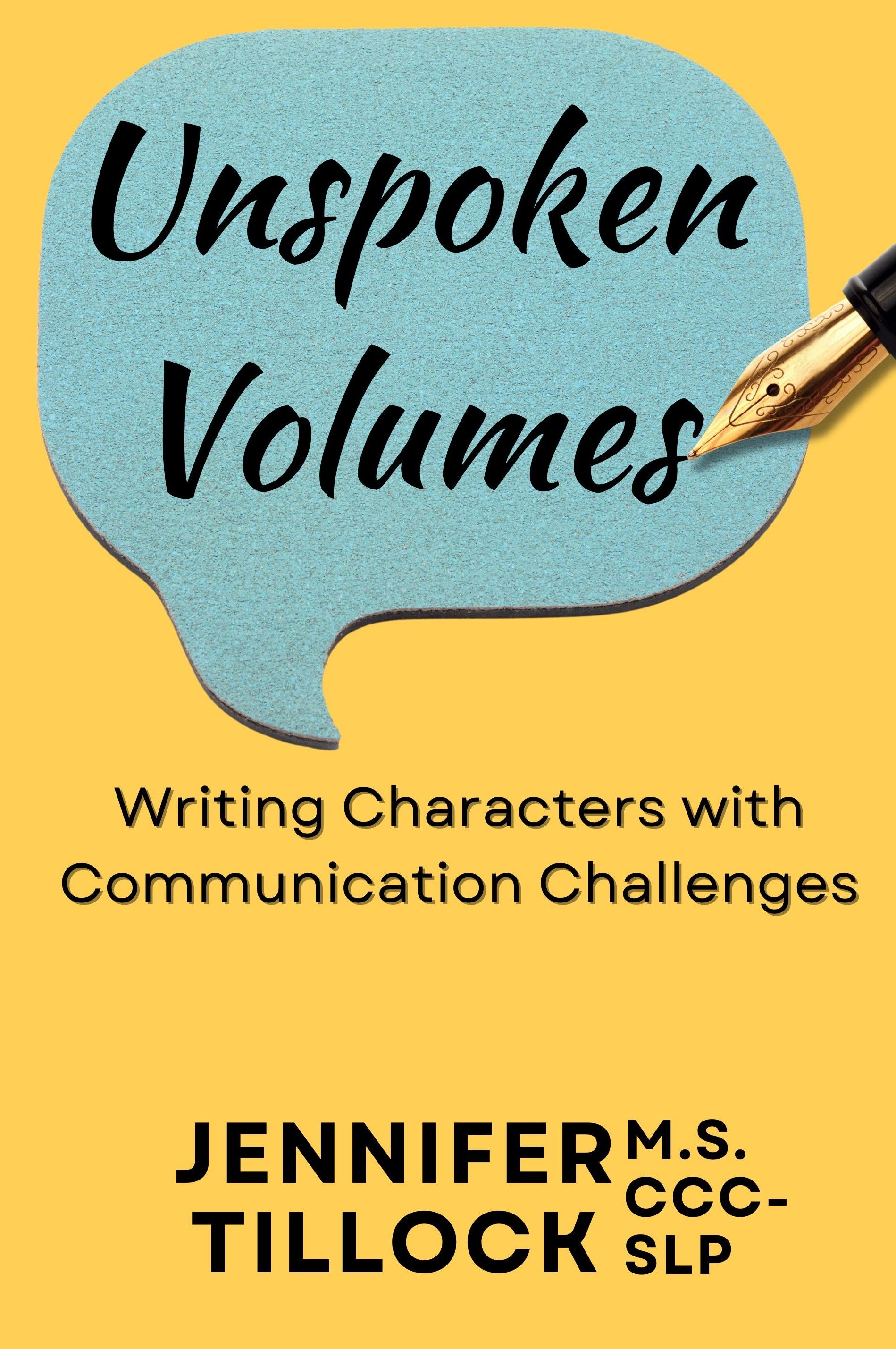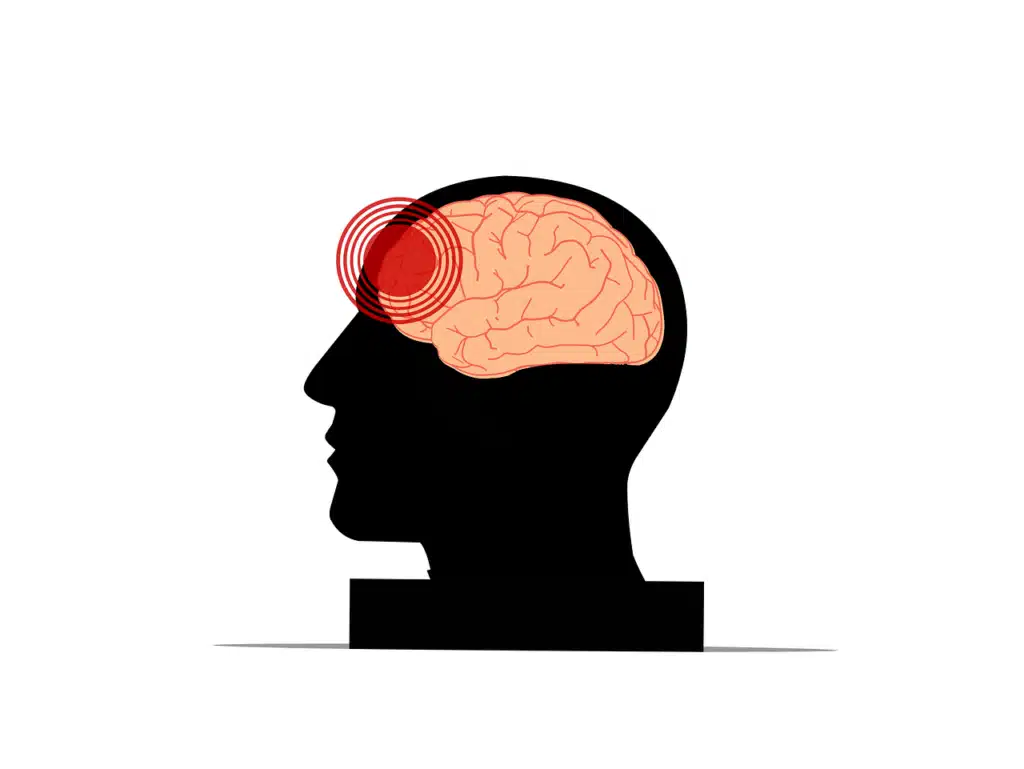Understanding the Spectrum of Language Disorders
Repost of original page published 5-10-24.
Language disorders affect a person’s ability to understand or express language, manifesting in various ways. These can range from difficulty finding the right words (aphasia) to struggles with reading (dyslexia), impacting vocabulary, grammar, sentence structure, and fluency.
Beyond Textbooks: Fostering Empathy Through Experience

While knowledge is essential for supporting individuals with language disorders, there’s an additional step you can take to deepen your understanding: an empathy challenge inspired by my book, Unspoken Volumes: Write Characters with Communication Challenges.
The 24-Hour Limited Language Challenge
This challenge invites you to spend 24 hours simulating the experience of a language disorder. Here’s how it can be adapted for different roles:
- SLPs: Choose a specific disorder and tailor the limitations accordingly. For example, for aphasia, you might focus on limited vocabulary and rely on picture communication.
- Educators: Experience the challenges students with language disorders face in the classroom. Limit your vocabulary in explanations, keep your sentences to 3-4 words, or rely on gestures to demonstrate a concept.
- Parents: Simulate the frustrations your child might experience. Opt for simple phrases when communicating needs or rely on non-verbal cues like pointing to objects.
Why Experience Limited Language?
- Empathy Through Experience: This challenge isn’t meant to mimic a specific disorder exactly. It’s about understanding the frustration and challenges of struggling to communicate effectively.
- Beyond Stereotypes: Language disorders are diverse. This exercise broadens your perspective on how limitations in language can impact communication, moving beyond tired tropes.
- Building Bridges: By experiencing limitations firsthand, you gain a deeper appreciation for the creativity and alternative communication strategies people with language disorders develop.
Important Considerations:
- Sensitivity is Paramount: This challenge is about learning, not mockery. Be mindful of the realities of language disorders and avoid perpetuating stereotypes.
- Embrace the Frustration: This experience might be frustrating. Remember, the goal is to gain understanding, not mastery.
- Communication is Key: Despite the limitations, strive to communicate your needs and ideas effectively.
The Power of Vulnerability
This challenge isn’t about replicating a medical condition. It’s about opening yourself up to a new reality. By experiencing limitations in language, even for a day, you’ll gain a deeper understanding of the individuals you support. This empathy will translate into more effective communication strategies, a more inclusive learning environment, and a stronger bond with your child.
Ready to take the challenge and create a more supportive environment? Let the empathy begin!
Bonus Tip: Share your experience below and with the #UnspokenChallenge hashtag on social media and connect with other professionals and parents exploring communication disorders.
Social Media Icons: designed by rawpixel.com – Freepik.com











